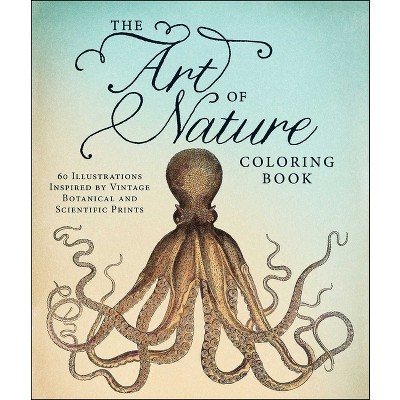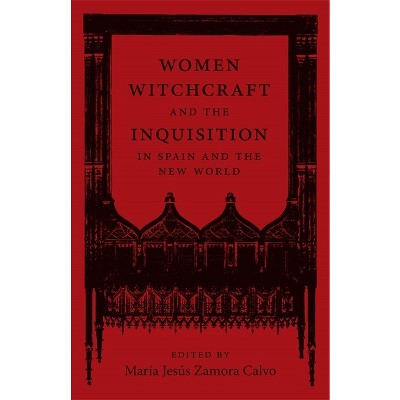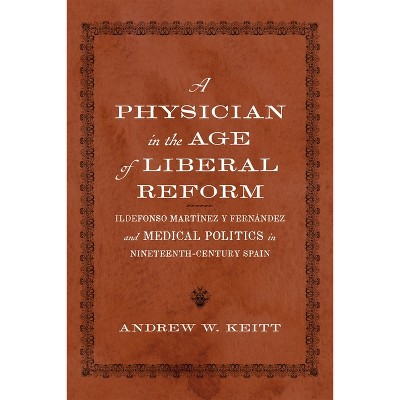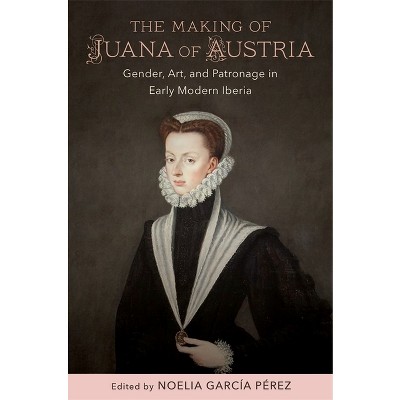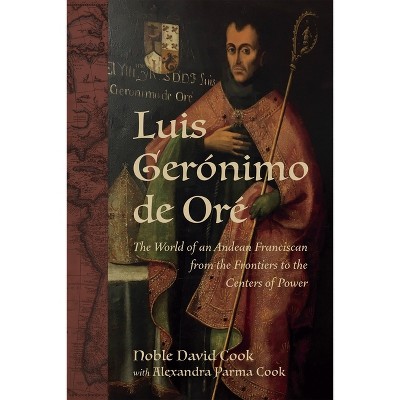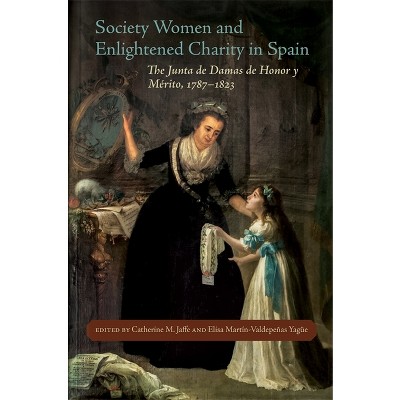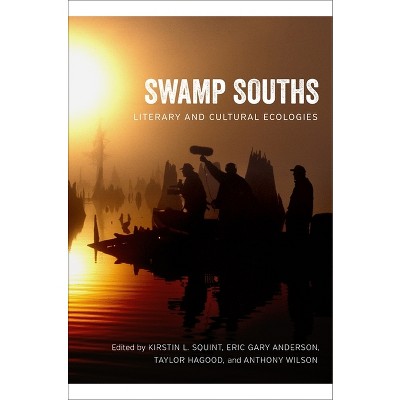Sponsored

Lorca's Experimental Theater - (New Hispanisms: Cultural and Literary Studies) by Andrew A Anderson (Hardcover)
In Stock
Sponsored
About this item
Highlights
- Critical and historical discussions of the life and work of Federico García Lorca, Spain's foremost poet and playwright of the twentieth century, often obscure the author's more avant-garde dramatic works.
- About the Author: Andrew A. Anderson, professor emeritus of Spanish at the University of Virginia, is the author of Configurations of a Cultural Scene: Young Artists and Writers in Madrid, 1918-1930 and many other works.
- 300 Pages
- Literary Criticism, European
- Series Name: New Hispanisms: Cultural and Literary Studies
Description
About the Book
"Critical and historical discussions of the life and work of Federico Garcâia Lorca often prioritize his stunning modernist poetry and popular dramas while obscuring the author's more avant-garde dramatic works. In Lorca's Experimental Theater: Breaking the Guardrails of Convention, Andrew A. Anderson focuses on four of Lorca's most challenging plays-Amor de don Perlimplâin con Belisa en su jardâin, El pâublico, Asâi que pasen cinco aänos, and El sueäno de la vida (previously known as Comedia sin tâitulo)-and on the surrounding context in which they came to be written and in only one case performed during his lifetime. While none of Lorca's plays can be considered conventional, according to Anderson, some of them are nevertheless more approachable than others. The four considered here are the works that challenge theatrical conventions most forcefully, both thematically and technically. The introduction offers a brief overview of Lorca's entire dramatic output and the place within it of his four most experimental plays. The first chapter, "Staging the Unstageable," gives details concerning the chronology of the plays' composition, what Lorca had to say about them in newspaper interviews, and, most importantly, his numerous attempts to get what he called his "unperformable plays" actually performed. After a chapter on the pervasive role of undecidability in Amor de don Perlimplâin, two further contextual chapters cover what Anderson considers the most significant factors that encouraged Lorca to continue experimenting in his dramatical works, namely his exposure to theater in New York over 1929-1930 and his increasing familiarity with expressionist drama that he both read and heard about from other theater professionals. From there, El pâublico and Asâi que pasen cinco aänos each receive two chapters devoted to their themes and symbols, and the book ends with a final chapter on how audiences could experience a staging of El sueäno de la vida. By synthesizing materials drawn from theatrical practice, artistic modernism, and the historical avant-garde, Lorca's Experimental Theater gives an integrated picture of this corpus by providing detailed readings of the plays, surveying their textual and performative history, and examining the most important contemporary influences on Lorca's creation of these expressive, innovative works"--Book Synopsis
Critical and historical discussions of the life and work of Federico García Lorca, Spain's foremost poet and playwright of the twentieth century, often obscure the author's more avant-garde dramatic works. In Lorca's Experimental Theater, Andrew A. Anderson focuses on four of Lorca's most challenging plays--Amor de don Perlimplín con Belisa en su jardín, El público, Así que pasen cinco años, and El sueño de la vida (previously known as Comedia sin título)--and on the surrounding context in which they came to be written and in only one case performed during his lifetime. While none of Lorca's plays can be considered conventional, these four works stand out in his corpus for challenging theatrical conventions most forcefully, both thematically and technically.
With discussions of stagecraft, artistic modernism, and the historical avant-garde, Lorca's Experimental Theater provides detailed interpretive readings of the four plays, surveys their textual and performative history, and examines the most important contemporary influences on Lorca's creation of these expressive, innovative works.Review Quotes
"Anderson has written a groundbreaking study of Lorca's avant-garde theater. He convincingly interprets the plays as Expressionist debates on theater and truth, personal identity and political commitment."--James Valender, professor, Centro de Estudios Lingüísticos y Literarios, El Colegio de México
"Anderson offers readers an insightful account of Lorca's dramatic trajectory and the ways in which his experimental theater--often metatheater--pushed the boundaries of theatrical convention. Anderson's detailed readings of plays, combined with treatments of Lorca's influences, from Broadway to Expressionism, persuade us both of Lorca's modernity and of his place within the historical avant-garde."--Federico Bonaddio, author of Federico García Lorca: The Poetry in All Things
"Both students and specialists will be grateful for this lucidly written book, an ambitious and insightful rereading and remapping of Federico García Lorca's experimental theater--one which guides us masterfully through some of the playwright's most challenging works."--Christopher Maurer, editor of Lorca's Collected Poems and Selected Verse
About the Author
Andrew A. Anderson, professor emeritus of Spanish at the University of Virginia, is the author of Configurations of a Cultural Scene: Young Artists and Writers in Madrid, 1918-1930 and many other works. He is the editor of nine critical editions of Lorca's writings, among them the first scholarly edition of the original manuscript of Poeta en Nueva York.



